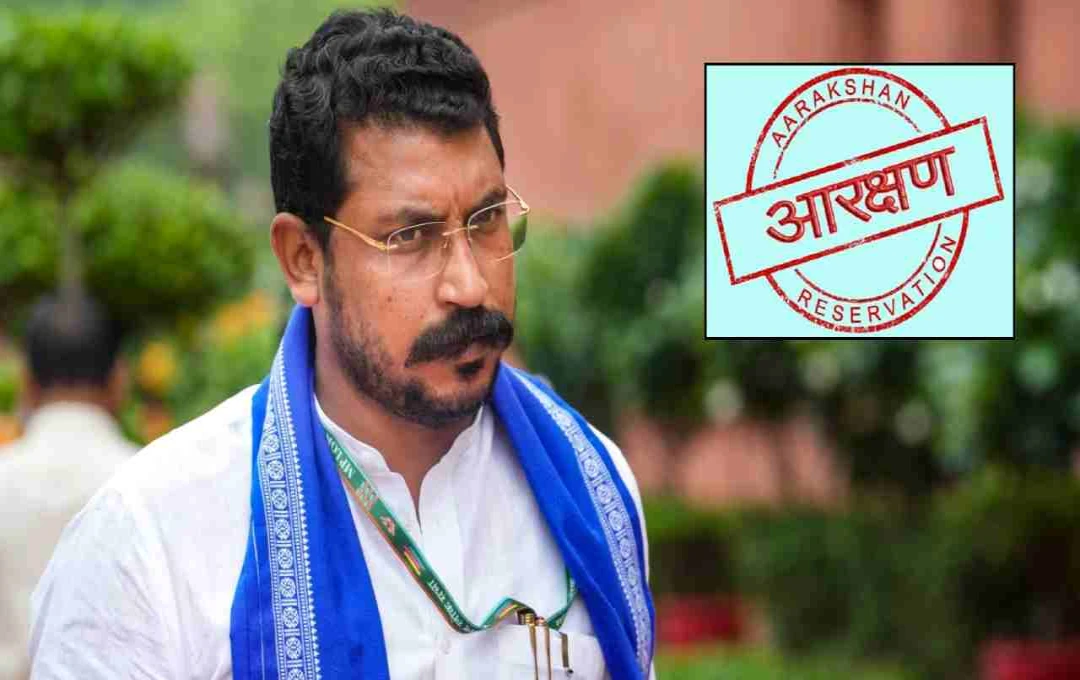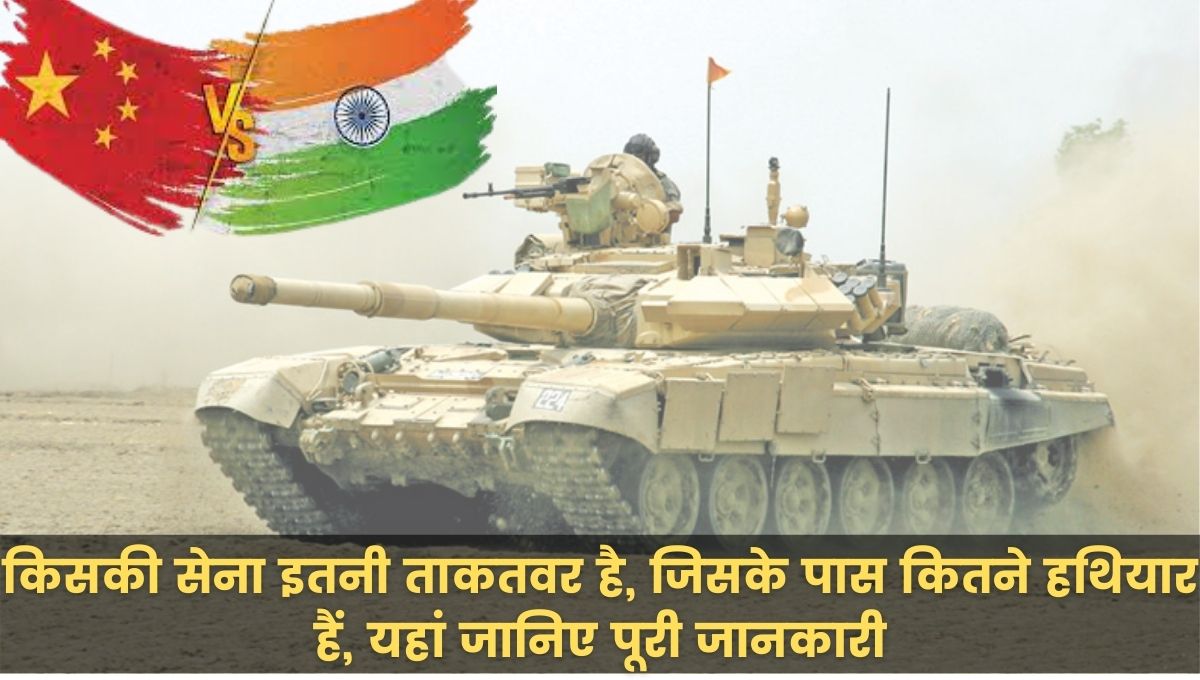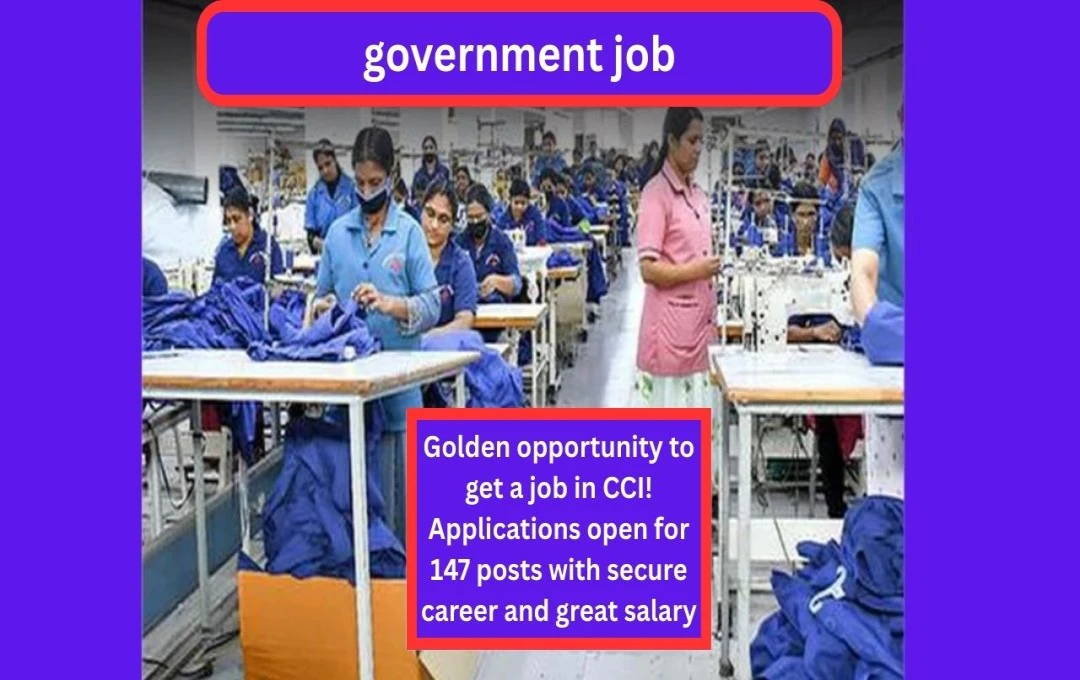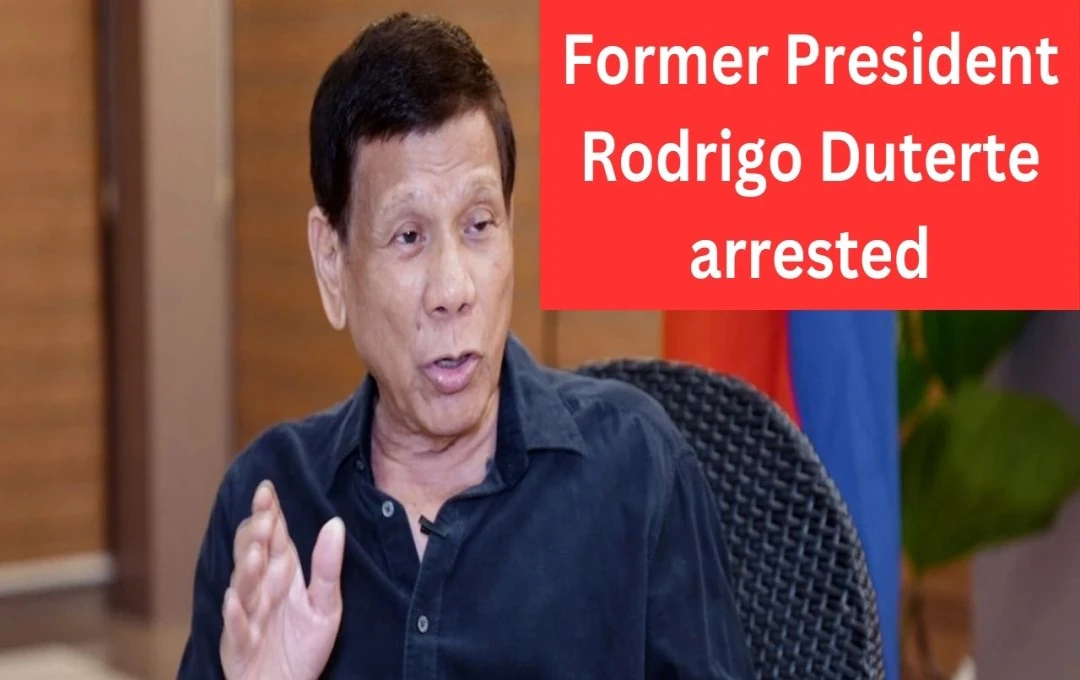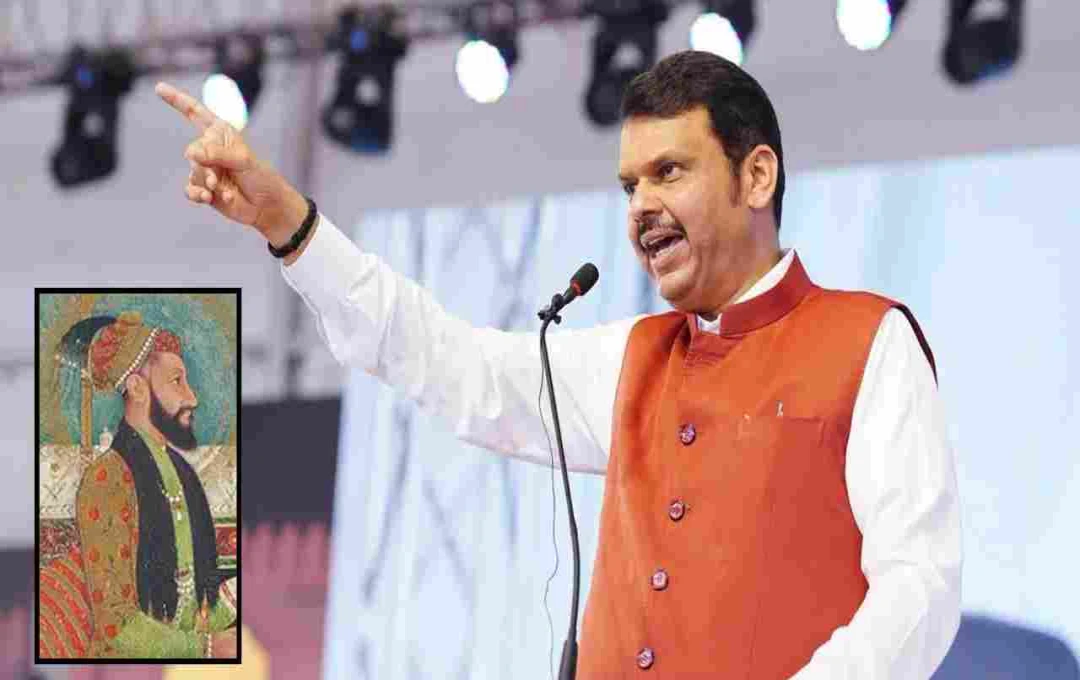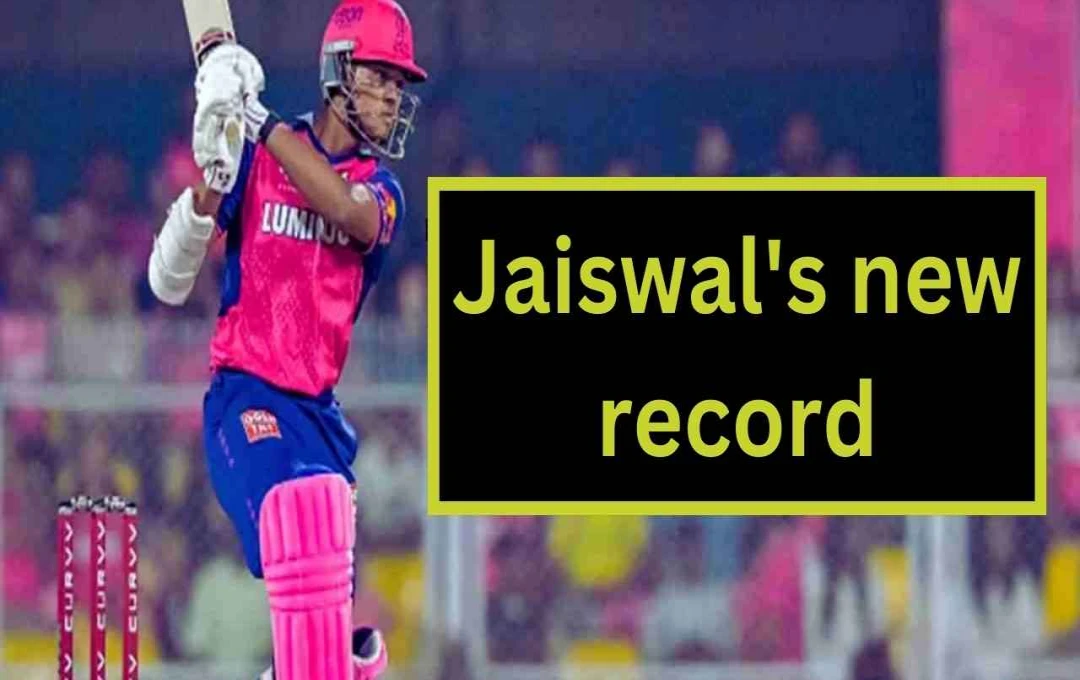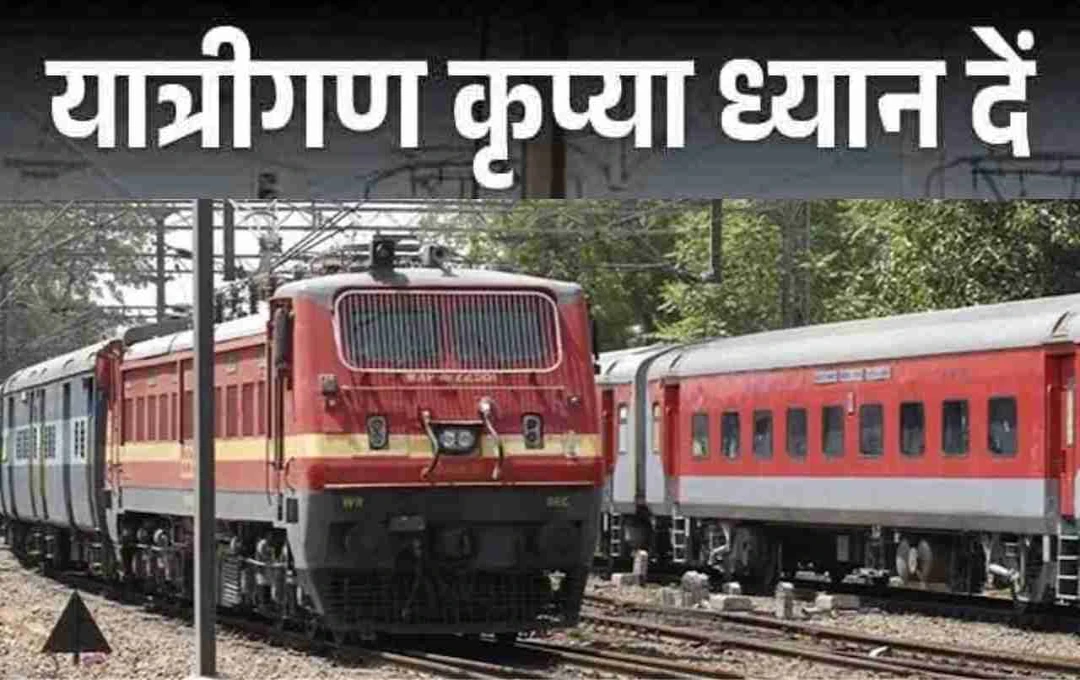Reservation systems are already in place for government jobs and educational institutions across India, but demands for similar provisions in the private sector are intensifying. This issue has been openly raised by Chandrashekhar Azad, Member of Parliament (Lok Sabha) and National President of the Azad Samaj Party (Kanshiram).
Agra: It's time to establish a b foundation of social justice in the private sector. This was the message delivered by Chandrashekhar Azad, National President of the Azad Samaj Party (Kanshiram) and Lok Sabha MP from Nagina, at the "Astitva Bachao-Bhaichara Banao" (Save Existence-Build Brotherhood) enlightened public convention in Agra, where he bly advocated for reservation in the private sector.
At this convention, Chandrashekhar Azad not only highlighted the need for reservation for Scheduled Castes, Scheduled Tribes, and Other Backward Classes in the private sector, but also presented a five-point perspective on crucial issues like social justice, electoral transparency, and the protection of the Constitution. His speech served as a profound social and political warning, potentially shaping the direction of the future.
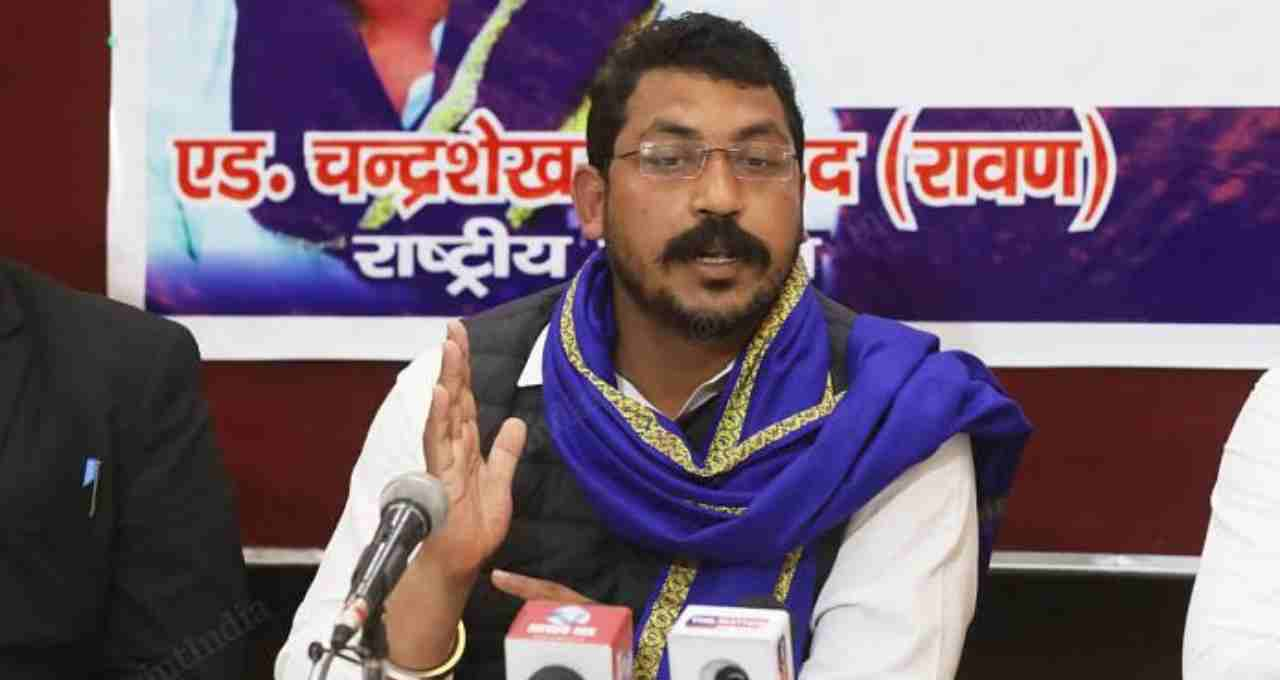
1. Reservation in the Private Sector: A Necessity for Inclusive Development
Chandrashekhar Azad argued that the rapid privatization of government institutions in the country has limited reservation opportunities for the Bahujan Samaj (masses). He pointed out the reduction in reserved seats in government jobs and educational institutions, coupled with a severe lack of social diversity in private companies. He stated that when government policies are shrinking government jobs, the private sector must also shoulder the responsibility of social justice. Otherwise, this will lead not to development but to social imbalance.
2. Demand for Caste-Based Census: The Key to Justice in Data
He criticized the central government's silence on a caste-based census for OBCs, characterizing it as a conspiracy. He believes that if real figures emerge, it will clearly show the underrepresentation of the Bahujan Samaj in proportion to their population.
He believes that any plan for social justice will remain incomplete without accurate data.
3. Reservation and the Constitution: Threat to the Fundamental Spirit
MP Chandrashekhar stated that the existing power structure is working to neutralize reservations and weaken the fundamental spirit of the Constitution framed by Babasaheb Ambedkar. He emphasized, "Our rights have been given to us by the Constitution, not as a favour. Weakening us would be tantamount to killing the Constitution."
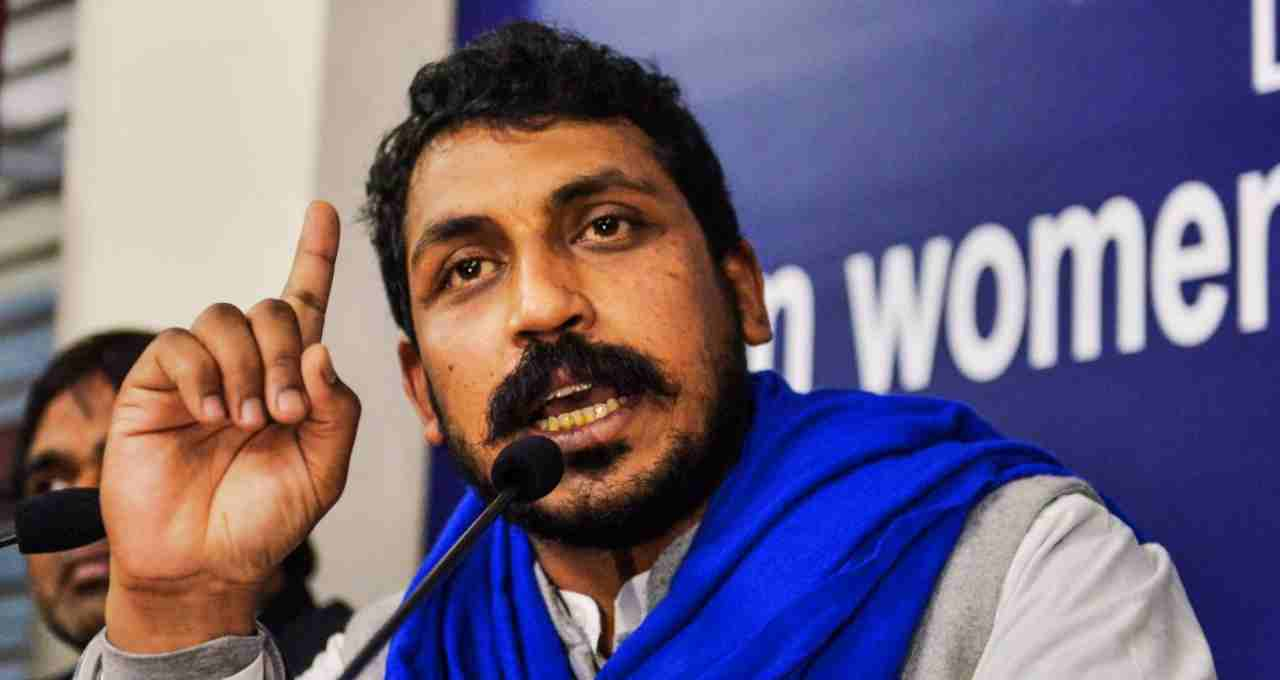
4. Doubts about EVMs: Questioning the Transparency of Democracy
He also raised questions about Electronic Voting Machines (EVMs), stating that the system is eroding public trust. Demanding a return to the ballot paper system, he asserted that transparent elections are the backbone of democracy.
5. Atrocities against Dalits, Backward Castes, and Muslims: A Conspiracy to Divide Society
Azad alleged that the current system is working on a strategy to marginalize Dalit, Adivasi, backward caste, and Muslim communities. Citing rising atrocities across the country, he stated that this is not only a violation of constitutional values but also endangers social harmony.
6. Implementation of Mandal Commission Recommendations is Necessary
He stressed at the convention that the incomplete recommendations of the Mandal Commission should now be fully implemented. This was a historical step towards social justice, which has been shelved by current governments.
